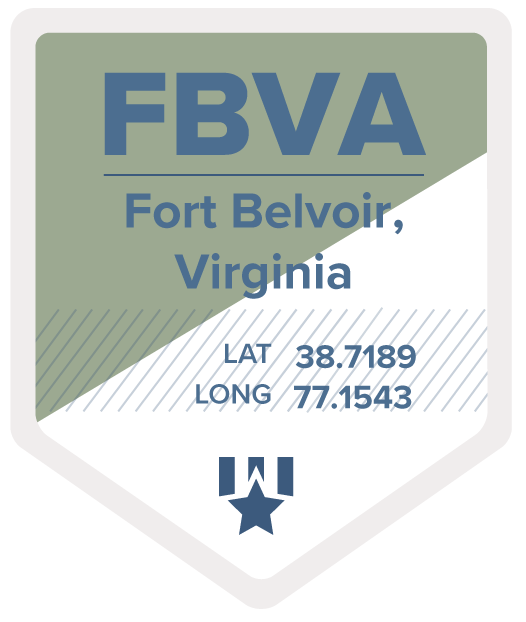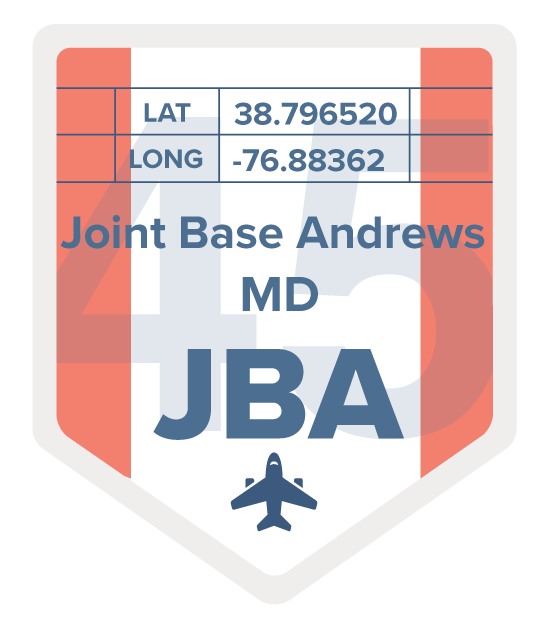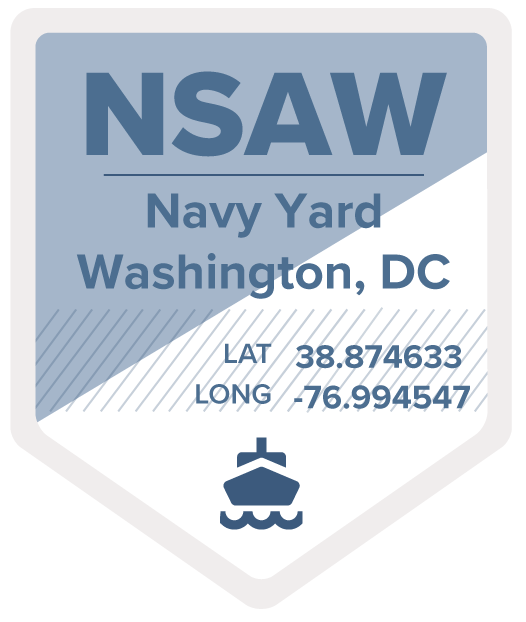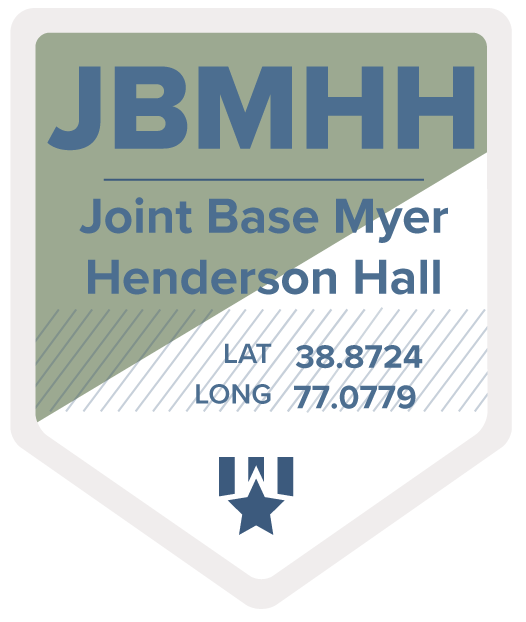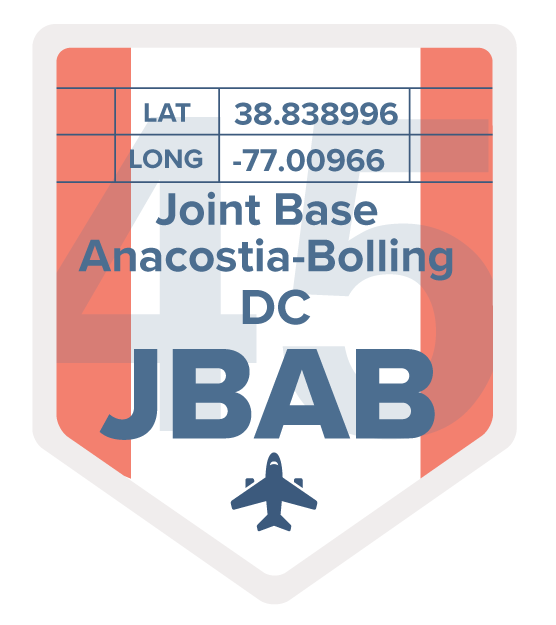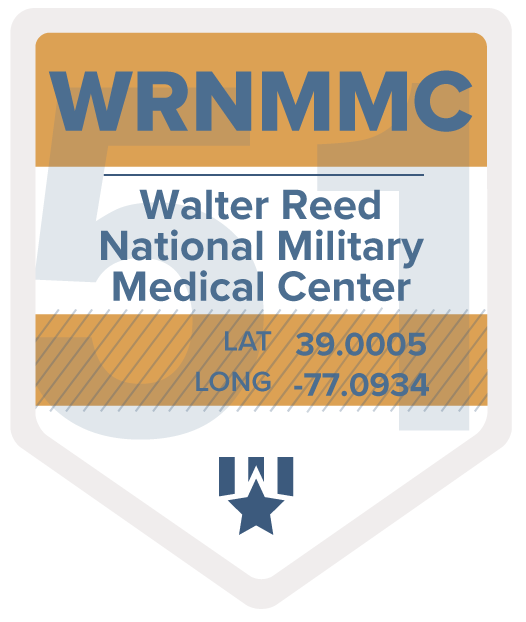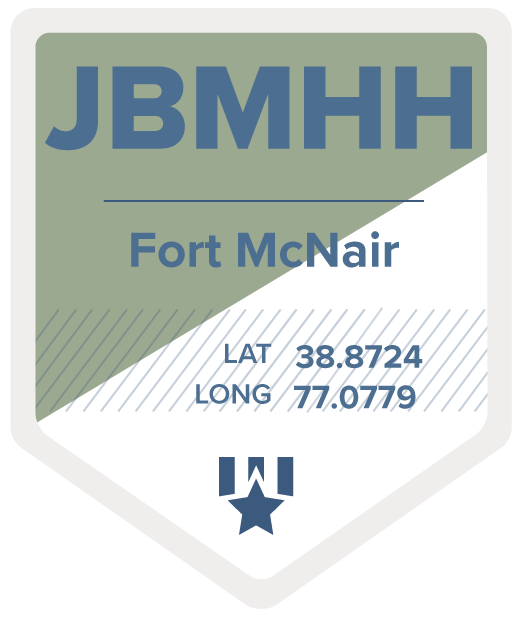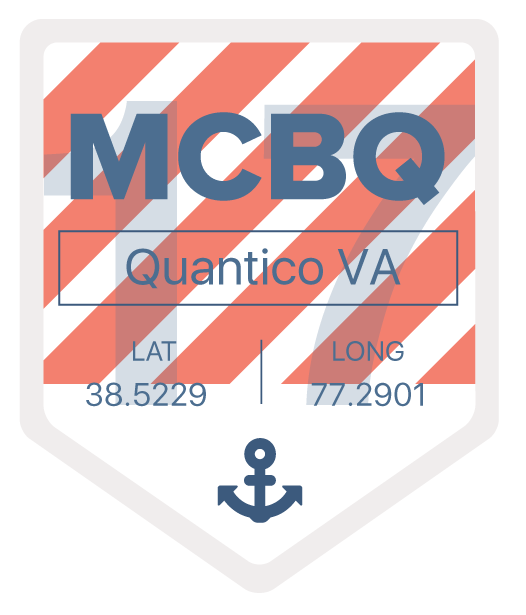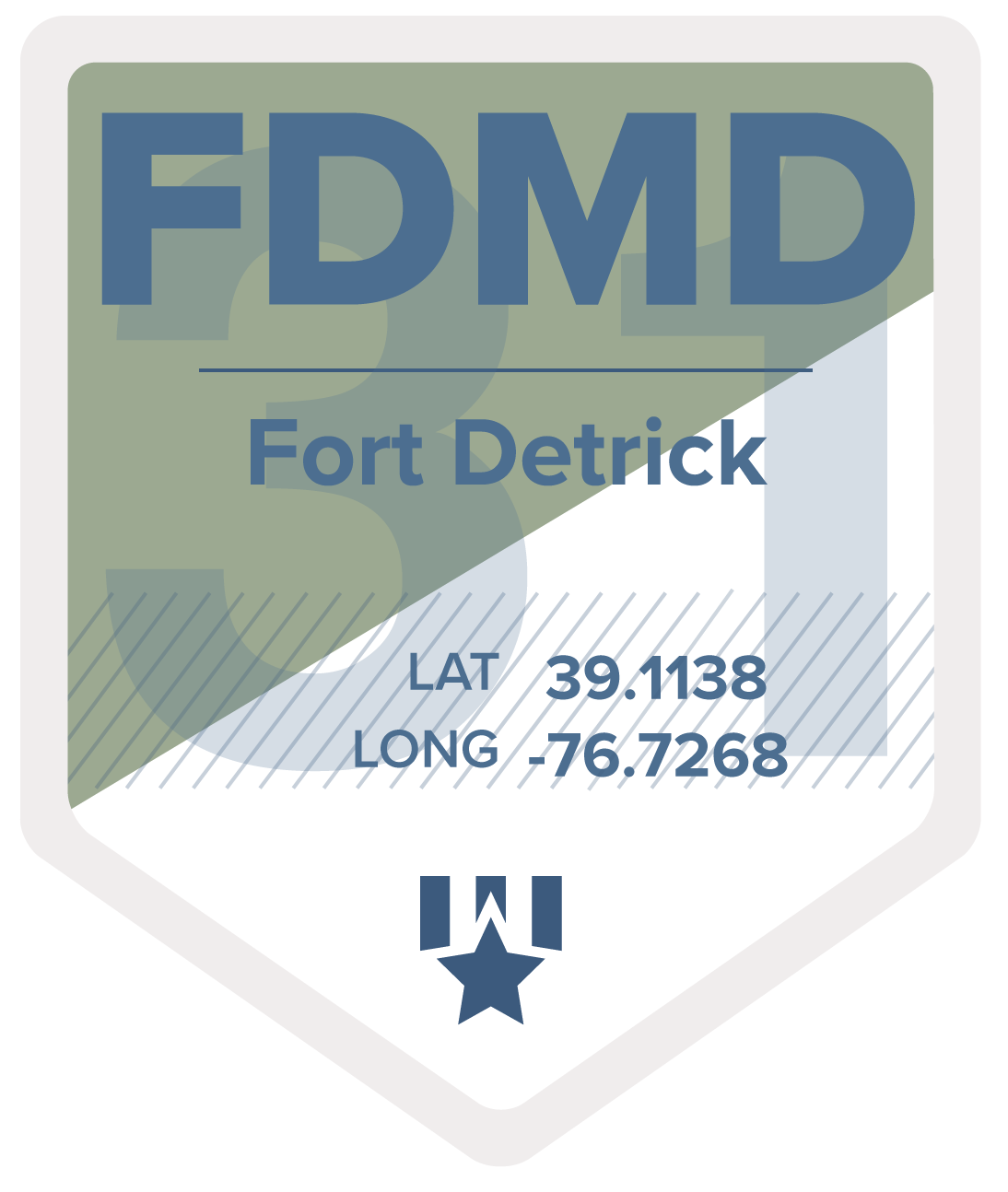About
Orders to the DC area are often accompanied by excitement, followed by a wave of apprehension. This is a massively complex metropolitan area and can be intimidating when deciding where to live. Getting over sticker shock, understanding the unique challenges of commuting around DC, and managing expectations are key to finding the right place to live. But once you tackle all that you can enjoy everything that comes with living near the nation’s capital!
While choosing where to live can be daunting, the great news is that once settled, most people love their bubbles! The schools, especially in Northern Virginia, are among the nation’s best and choices are abundant. This is one of the most professional and well-educated areas in the country and the caliber of the public school systems reflects the attention of the parents who live here.
The DC area, often referred to as the ‘DMV’ (for DC, Maryland, Virginia), is one of the best assignments in the military for working spouses. Options abound, from full-time jobs to teleworking, but these opportunities come with additional considerations for finding a home. DMV traffic is among the nation’s worst, so finding a home with easy commutes to two separate jobs is no easy task.
On the upside, almost everything from parks to libraries, not to mention the museums, are well-funded and free to enjoy. Diversity and rich cultural experiences abound and the culinary scene is fantastic. Though the cost of living in this region is substantial, you can often find free activities and military discounts!
Professional sports teams include the Washington Football Team (NFL), Washington Nationals (MLB), Washington Capitals (NHL), DC United (MLS), and the Washington Wizards (NBA). People in the area tend to be busy and active, and there’s a competitive spirit that permeates all the way down to youth sports. The weather is almost as intense as the people with all four seasons in full bloom: hot, humid summers; mild, colorful falls; harsh winters, and breathtakingly beautiful springs.
Finding A Home
The first step in choosing where to live is to determine your priorities. There are three main values, if you will, to consider: Home Size, Home Price, and Commute. You will be able to secure one, and potentially even two, of those values—but rarely all three. On each page, we’ll break down some of the more popular areas for military families, and explain which of these values you’ll be sacrificing to live there. Once you determine your priorities, use our MILLIE Scales to help narrow down candidates for your new neighborhood!
Pro tip: If you come armed with this info before chatting with a realtor, they’ll have an enormous leg up in helping you find a home quickly. Efficiency and knowledge are crucial in this hyper-competitive real estate market.
Size
As with many urban cities and surrounding suburbs, the closer you are to DC, the smaller and more expensive the home. If having a large home is a priority, you’ll be living farther out and suffering a longer commute.
Price
Your money goes farther as you radiate away from the District. The “price” you’ll pay for affordability is spending lots of “quality time” in your car. If you LOVE your car, or need the time to decompress, go for it! There are also many alternatives to sitting alone in your car for precious waking hours like slugging, the Metro, and VRE or MARC long haul trains. Don’t worry, we’ll break it all down for you.
Conversely, in order to reap the benefits of a short commute and/or proximity to the District, you’ll likely need to be dual income, willing to spend a significant percentage of your income on housing, or ok with a less-than-amazing-home.
Commuting
This is the big one. We cannot stress the importance of understanding the traffic situation enough! If we could reach through the screen and shake your shoulders, we would. Listen up, because this can make or break your experience in the DC area.
Legendary congestion on all of the main highways, an almost incomprehensible number of people commuting into DC, and the irregularities of road work, accidents, and weather, make commuting a primary challenge of life in the DMV. We’ve heard stories of 2 to 3 hour commutes one-way, workers giving up and teleworking after moving 15 miles in 2 hours, and even stopping off at a winery in the evening and trying again around 8 p.m. (our personal favorite).
You absolutely can not look at distance on a map and equate that to commute time. It could take you 30-plus minutes to drive 8 miles in a city and it’s a total gamble on the highways. Flex your creative commuter muscle and you can discover some workarounds to these headaches. Living close enough to bike or walk to your installation or a Metro station will alleviate some stress, and reverse commuting can be a sanity-saver. Also, don’t let anyone tell you that any area is 20 minutes from all the bases. Just walk away from them. It’s so much more complicated than that! But don’t worry, we’ll give you the legit scoop.
Keep in mind, many people who are stationed at a DC, Maryland, or Virginia base will work in multiple locations over the length of their time here. For example, those initially stationed at The Pentagon could report to Crystal City (Arlington), and then the following year be sent to Fort Belvoir (Southern Alexandria), or Fort McNair (DC). You’ll want to have an idea of your spouse’s professional trajectory and consider that when choosing a home. Strike a balance for all possible assignments, or at least be ok with the potential sacrifices.
Metro – Washington Metropolitan Area Transit Authority. Metro Rail serves DC and the surrounding areas with 91 stations and 117 miles of track. The Metrobus supplements the rail system connecting lines and stations to outlying communities.
Local Buses – Each jurisdiction has a local system that can also supplement the Metro system. If you are further away from the District, you’ll rely on local buses more often.
Commuter Rails – Virginia Railway Express (VRE) and Maryland Area Regional Commuter (MARC) are long haul rail systems for commuters.
Bike/Run – There is an extensive extensive multi-use trail system around the DC area and surrounding bases. A lot of military enjoy a scenic ride or run into work without the stress.
Driving – If you’ll be driving, familiarize yourself with HOV and Express Lane rules.
Ridesharing – There are all sorts of adaptations to carpooling. If you have 3 or more people in the car, you can take advantage of the HOV lanes (which can save you hours). Sometimes it’s tough to coordinate 2 other riders and destinations, therefore slugging was born. You can go to a designated slug lot and either line up to pick up passengers or hop in a car going in your direction, for free! There are websites and apps to help with coordination. Uberpool and Vanpooling are also variations of ridesharing.
Air Travel – Work trips, flights to see family, or vacationing are easy with three large airports: Washington Reagan National (DCA), Dulles International (IAD) and Baltimore Washington International (BWI)

